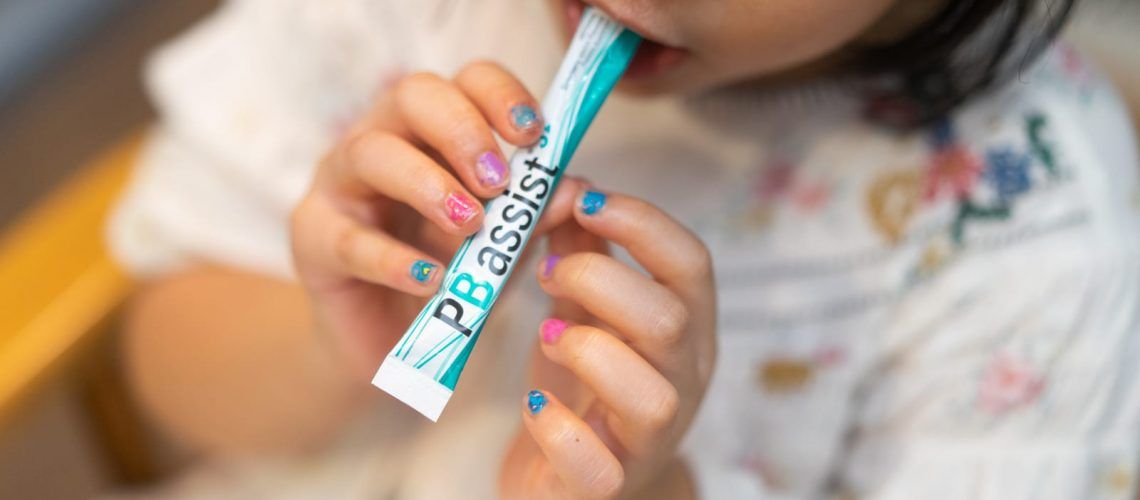Among many of the lifestyle alterations we need to make for healthy teeth, studies on the effects of probiotics have begun showing some excellent promise for children most prone to cavities. Probiotics, supplemental foods containing microorganisms to alter the gut microbiome, have been previously established to be a healthy form of treatment for many gastrointestinal issues in children and adults. Bacteria between the mouth and gut are often linked. The mouth is considered the axis for what forms of healthy bacteria go through our system, often interchanging and aiding our overall health. For children, the mouth-gut connection is especially vital, and aiding their digestion with probiotics may help reduce the risk of cavities throughout their childhood.
Studies On Probiotics and Dental Caries
The use of probiotics for treating gut conditions has been a long-standing practice for many physicians. Probiotics have been in demand for many people with a disease such as irritable bowel syndrome, constipation, gastrointestinal reflux disease, and inflammatory bowel disease. For children, probiotics can relieve acute constipation, diarrhea, and childhood irritable bowel syndrome. Because the gut microbiome is such a complicated structure, aiding the bowels and stomach with probiotics has been a long-standing treatment to help manage these conditions and prevent other diseases from occurring.
But what about cavities? For the oral microbiome, the bacteria present often aids in maintaining nutrition absorption, digestion, and saliva while eating foods. While much of the probiotics’ mechanisms have been documented, not much has been understood about their effects on the mouth. Some studies, such as those found in the International Journal of Pediatric Dentistry and Journal of Oral Biology and Craniofacial Research, have indicated the possibility that probiotics may aid in preventing dental cavities and that bacteriotherapy may have promising effects for inhibiting harmful bacteria from developing in the mouth and digestive system. Outlined throughout these studies, researchers observed:
- Certain strains of probiotic bacteria have various effects on the gut microbiome system. Each strain of bacteria presents abilities to inhibit other strains’ growth, specifically cariogenic bacteria, and yeast.
- Probiotic dairy products have a naturally occurring buffer to acid. When combined with calcium and calcium lactate effects, it produces anti-cariogenic properties that benefit the oral cavity.
- In the short term, probiotic products can hamper the development of harmful strains, but the long-term effects haven’t been fully substantiated to conclude their effectiveness.
Do Dentists Recommend Probiotics?
Probiotics represent an exciting area of research in oral medicine. They have been consistently allowing researchers to taker a closer look into the relationship between the foods we eat and our oral health. While the preliminary data is currently limited, continued studies in this field can help dentists make better choices for patients both old and young. However, it highly depends on the dentist’s expertise to fully determine whether probiotics will benefit your child. In cases where you want to learn more, we highly recommend speaking with your dentist to determine whether probiotics are best for your child’s oral health.

